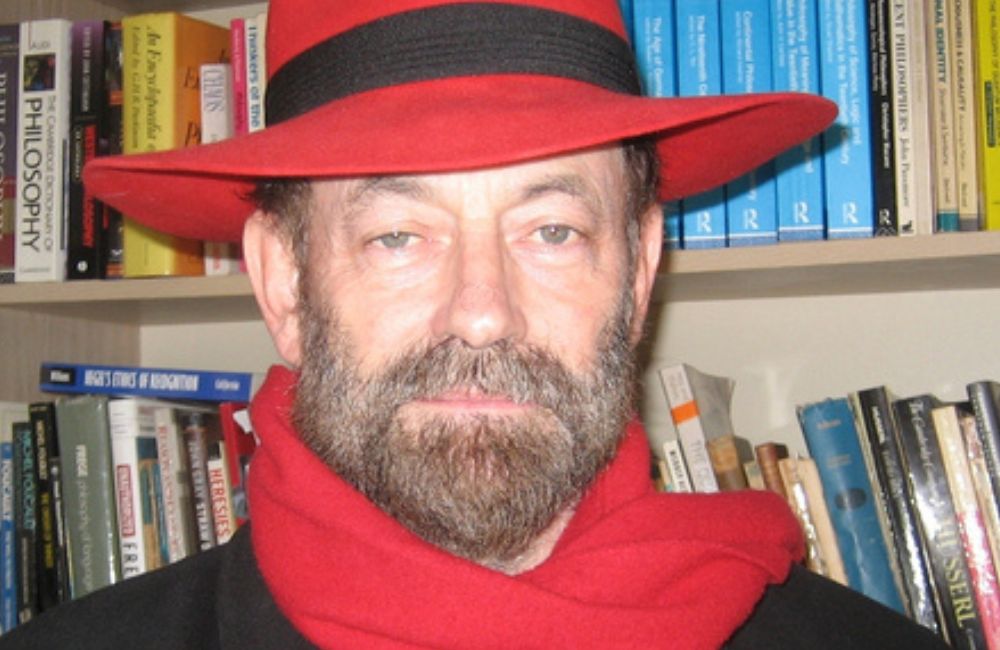Wittgenstein’s (1921) Tractatus Logico-Philosophicus has been described as ‘one of the strangest books in existence’. Strange indeed, as you can see from the moment you open it – and transformative too, not only for twentieth-century thought but also for the individual reader, who is supposed to find in it the unspeakable truth that gives philosophy peace.
Wittgenstein himself was perhaps the most intellectually serious product of an intensely serious generation of Viennese thinkers and writers. The Tractatus was his response to one of the great scientific advances of that era, Frege’s creation of modern logic; and it applies that logic to everything: language, the mind, the will, value, the meaning of life itself. The result, whether or not it is – as everyone thought at the time – the definitive solution to all problems of philosophy, is at any rate the most high-minded self-help manual ever written.
In this recording of a live online talk as part of the BRLSI’s digital symposium “A New Worldview: Vienna 1890 – 1935” Dr Arif Ahmed explains what it says, says what it shows, and assesses to what extent it reflects – and to what extent it transcended – the intellectual and emotional preoccupations of Vienna during the death throes of the Habsburg Empire.



